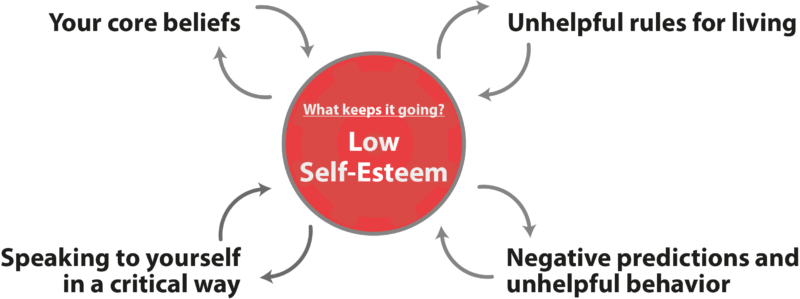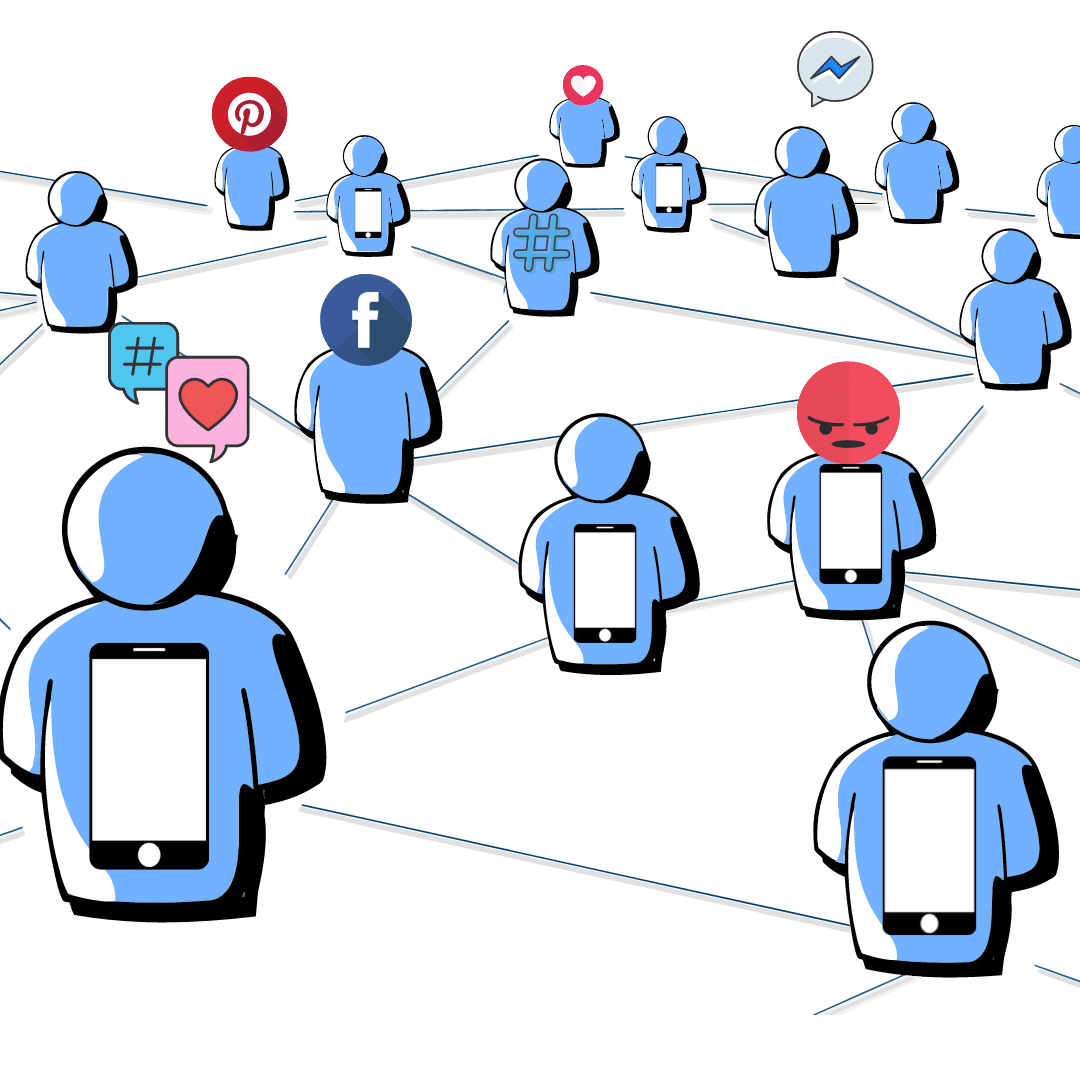Low self-esteem and high FOMO are psychological mechanisms that
Por um escritor misterioso
Descrição
New psychology research sheds light on why people engage in online trolling behavior, which involves purposely causing conflict and stress on the internet. The findings, published in Psychological Reports, provide evidence that trolling behavior is more common among those with low self-esteem and a high fear of missing out (FOMO).
Full article: FoMO, but not self-compassion, moderates the link

Fear of missing out in the digital age: The role of social media

Fear of missing out in the digital age: The role of social media

What Keeps Low Self-Esteem Going?

Anxiety and stress severity are related to greater fear of missing

Low Self-Esteem Psychology Tools

Social Media and Well-Being: Pitfalls, Progress, and Next Steps

The Association Between Neuroticism and Problematic Social

Low Self-Esteem, High FOMO? The Other Side of the Internet Troll

How Social Media affects Mental Health, Behavior, & Wellbeing

Self Esteem, How to Improve Self Esteem and Confidence
de
por adulto (o preço varia de acordo com o tamanho do grupo)







